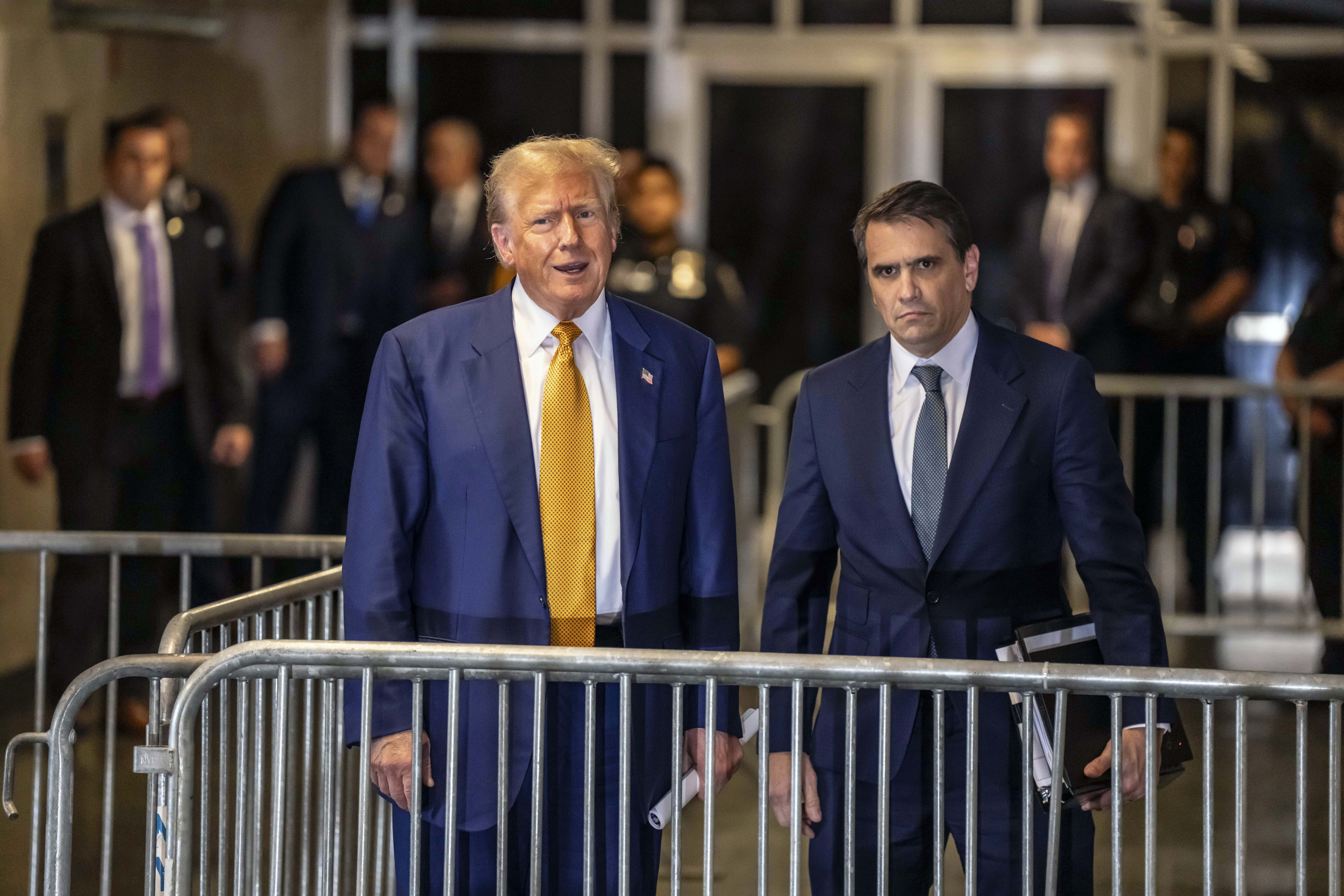As the battle of wills over immigration continues between the White House and Texas Gov. Greg Abbott, a parallel debate is happening in China, where trending social media posts are backing the Lone Star State's right to secede from the United States.
On China's X-like microblogging site Weibo, accounts with more than a million followers were spreading misinformation this week claiming Texas had entered a "state of war" with the federal government. In the comment sections, Chinese netizens met the news with excitement and glee.
American border control authorities said over a quarter of a million migrants attempted to enter the U.S. illegally last month alone, more than any month since 2000.
Abbott has declared the crisis an "invasion" and vowed to continue beefing up security following the Supreme Court's ruling allowing federal border agents to dismantle Texas's border fortifications.

On China's highly regulated social media websites on Monday, one Weibo account with nearly 1.2 million followers weaved fact and fiction into a misleading account of the Texas border row, alleging Abbott was preparing to go to war with U.S. federal authorities.
"If the U.S. really pushes Texas back, then it will be great fun," the user said. "I hope both sides will not be cowardly and that they will fight to the end!"
In a follow-up post on Tuesday, the user said he was inspired to "definitely contribute money and effort" to support the cause against America's "imperialist oppression" in Texas and elsewhere in the world.
Schadenfreude was apparent in many of the comments under his posts.
"Every day you can hear the sound of the American empire crumbling," one Chinese netizen replied.
Some discussed the history of Texas in the comment section, its people's well-known independent streak, and the state's right to secede from the union.
"Although they [the U.S.] are in a civil war, it does not prevent their stock market from continuing to reach new highs," another account observed.
Other Weibo users, however, seemed baffled that more media attention was not being devoted to the alleged splintering of the world's most powerful country.
"Only a few sporadic media outlets are reporting [on Texas]. On the other hand, domestic media is overwhelmingly covering news of monkeys and cats at Yunnan Zoo," one wrote.
It is difficult for regular Chinese internet users to independently verify claims due to their online information environment being largely cut off from the outside.
The phenomenon was first spotted by Wenhao Ma, a journalist who specializes in Chinese online propaganda and disinformation for the U.S. government-funded Voice of America news outlet.
In response to Newsweek's request for comment, a spokesperson for the Chinese Embassy in Washington, D.C., said: "China does not interfere in other countries' internal affairs. This has always been a principle in our foreign policy and is recognized by the international community."
Biggest US related news on China’s internet for the past few days is Texas governor declaring war with the federal government, which did not happen in reality. There is even a designated hashtag for it on Weibo. Netizens are cheering for what they call America’s self destruction. pic.twitter.com/e164Pc75YQ
— Wenhao (@ThisIsWenhao) January 29, 2024
On January 22, the Supreme Court ruled 5-4 in favor of allowing national border patrol agents to temporarily remove the razor wire and other barriers erected by Texas to curb immigration while its case circulates through federal courts.
Abbott has been engaged in multiple legal battles with the U.S. Department of Justice over his state's migrant deterrent tactics, including the use of razor wire along parts of the border and a circular saw floating barrier in the Rio Grande river.
The Biden administration has called these tactics "dangerous" and "cruel."
Attorneys general in over two dozen GOP-controlled states last week penned an open letter to U.S. President Joe Biden expressing their opposition to recent calls for the federalization of the Texas National Guard, a move backed by some Texas Democrats.
"Texas should be applauded for continuing to try to protect the border despite the federal government now, again, being able to try to destroy the barriers Texas builds," they said, pointing out the Supreme Court had not expressly ordered Texas to act one way or another.
States including Virginia, South Dakota, Oklahoma and Arkansas have since last year sent scores of their own National Guard troops to assist Texas's state border officials.
The Supreme Court ruling sent the case back to the Fifth U.S. Circuit Court of Appeals, where it awaits a February 7 hearing.
The decision has prompted renewed discussions of secession among American netizens, too.
The hashtag "Texit" has been trending on X (formerly Twitter), a reference to Brexit, the movement behind Britain's exit from the European Union in 2020.
Vladimir Putin ally Dimitry Medvedev, Russia's former president and now No. 2 on its Security Council, speculated on Friday that the U.S. might be setting itself up to "fall into the abyss" of a civil war even deadlier than the conflict that left over 600,000 dead from 1861-1865.
"Under President Biden's lawless border policies, more than 6 million illegal immigrants have crossed our southern border in just 3 years," Abbott wrote in an open letter on January 24. "That is more than the population of 33 different states in this country."
Abbott pointed out he had "already declared an invasion" and invoked "Texas's constitutional authority to defend and protect itself."
"The Texas National Guard, the Texas Department of Public Safety, and other Texas personnel are acting on that authority, as well as state law, to secure the Texas border," the governor said.
Newsweek reached out to Abbott's office and U.S. Customs and Border Protection for comment.
Update 2/1/24, 12:29 p.m. ET: This article was updated with a comment from the Chinese Embassy.
Uncommon Knowledge
Newsweek is committed to challenging conventional wisdom and finding connections in the search for common ground.
Newsweek is committed to challenging conventional wisdom and finding connections in the search for common ground.
About the writer
Micah McCartney is a reporter for Newsweek based in Taipei, Taiwan. He covers U.S.-China relations, East Asian and Southeast Asian ... Read more
To read how Newsweek uses AI as a newsroom tool, Click here.








